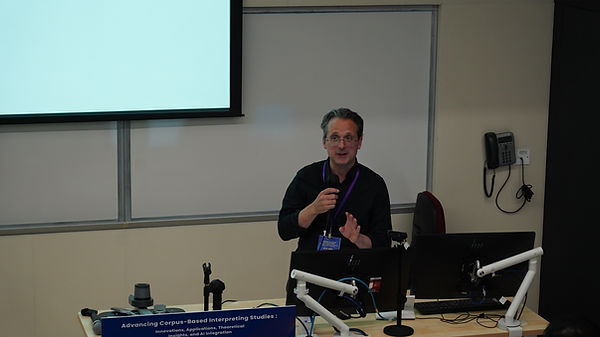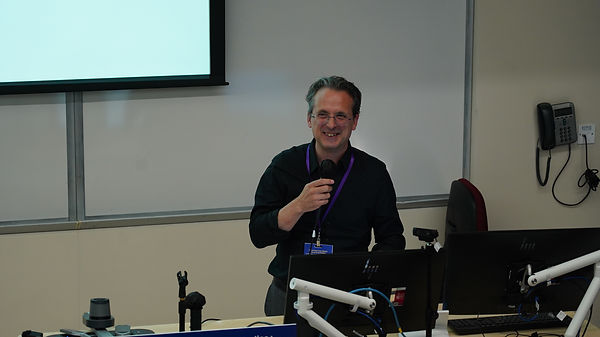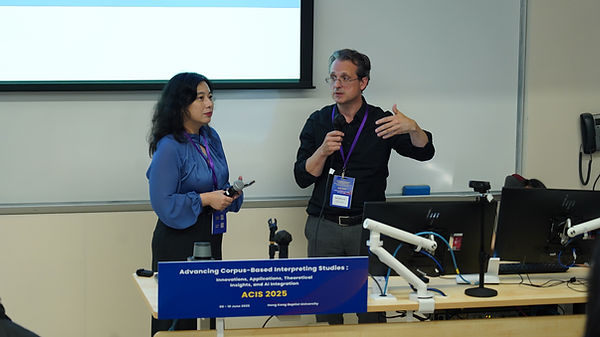
.png)
Bart Defrancq
Ghent University
Bart Defrancq currently works at Ghent University as a professor of interpreting. Graduated as a Romance philologist in 1991, he successfully defended his PhD in 2002 in linguistics. In 2007 he moved to translation and interpreting studies. His research focuses on interpreting modes and interpreter-mediated forms of interaction in international institutions, in courts and police stations. He also investigates the impact of and interaction of interpreters with new interpreting technologies. His affiliation with CESSMIR stems from the research he carries out on police interpreting, where migration plays an important role.
A Near-Naturalistic Augmented Corpus of Institutional Interpreting
Abstract
The field of empirical interpreting studies can roughly be divided in three large domains: experimental studies, corpus-based studies and anthropological studies. Each have their own methods and blindfolds, allowing the researcher to only grasp part of the elephant that is interpreting. Typically corpus-based studies lack cognitive depth, because the corpus only collects superficial production data. Is there a way beyond? Can we enrich corpus data with certain types of cognitive data (EEG, eye-tracking,…) or does the collection of such data undermine the naturalistic nature of the production data that are collected in the corpus? This is the existential question that I am not going to shy away from.
_JPG.jpg)




